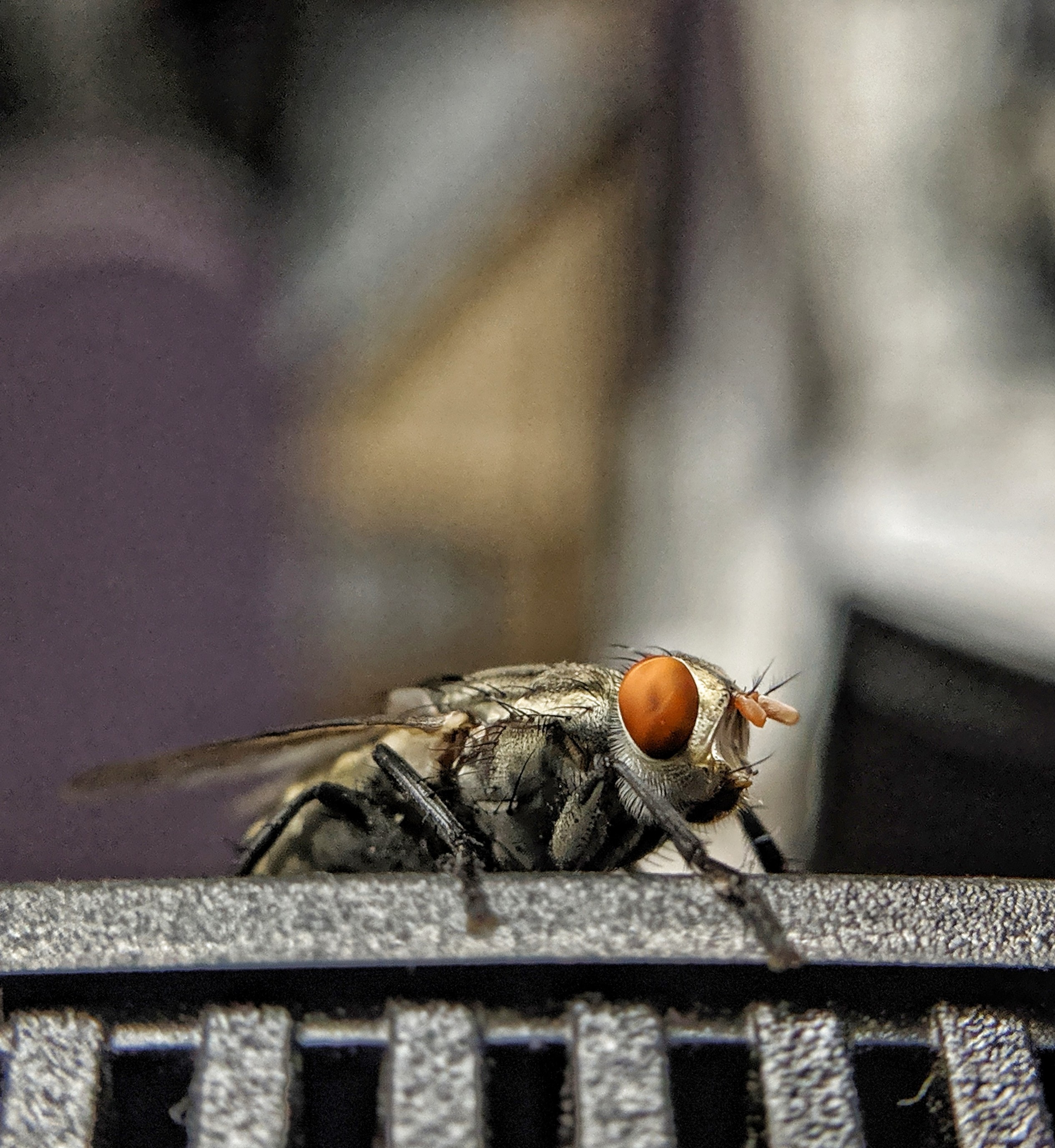Call Knights:
Are you struggling with a bed bug, fly, or ant infestation? As a professional exterminator, you understand the importance of effective pest control. Bed bugs can cause sleepless nights and itchy bites, while flies and ants can contaminate food and spread diseases.
Keeping infestations of bedbugs, flies, and ants under control is of paramount importance for several reasons. Firstly, bedbugs can cause distressing bites and intense itching, leading to sleepless nights and potential skin infections. Secondly, flies are not only annoying but also carry various pathogens that can contaminate food and surfaces, posing health risks to humans. Lastly, ants can invade homes in large numbers, damaging property, contaminating food, and even causing electrical problems. By promptly addressing these infestations, individuals can protect their health, prevent property damage, and maintain a clean and hygienic living environment. Seeking professional extermination services is crucial to effectively eradicate these pests, ensuring the safety and well-being of residents.

We can come, assess and provide an estimate for your pest problem
It can be a daunting decision and there are many questions associated. Let us help educate you and make you feel more comfortable.
It depends case-by-case. Certain pests take longer to deal with than others, and certain homes are larger and more complicated to service than others. Some treatments may only take 30 minutes while others may take up to 8 hours depending on the severity and type of treatment that is needed.
YES! A preventative plan is the only plan that works for bugs. They are going to return one way or another. It will be up to you to decide whether you want your home protected when they do come. If there is not pesticide preventing them from coming inside, what is stopping them from getting inside your home?Offering coverage again numerous pests native to Cary, Raleigh, and surrounding areas, be sure to ask us any questions related to maintaining a pest-free home for years to come. We love answering questions and will help any way we’re able to.
An Integrated Pest Management (IPM) approach is a decision-making process that anticipates and prevents pest activity and infestation by combining several strategies to achieve long-term solutions. Components of an IPM program include education, proper waste management, structural repair, maintenance, mechanical control techniques, and pesticide application when necessary.An effective IPM program may include the use of pesticides. However, the amount required will likely be reduced. The steps in an IPM program include straightforward inspection, identification of pests and conditions conducive to their presence, prevention recommendations, a customer consultation, sanitation, exclusion, evaluation and ongoing monitoring.
In most cases, you can expect to see a significant and noticeable reduction in pest activity within one to two days. The exact timeframe depends on the pest we’re dealing with along with the choice of materials necessary to provide the best long-term results.In some cases, you will actually see a slight increase in pest activity right after our initial treatment. This is a good sign! This means the pesticides are working. We have disrupted their normal breeding and feeding habits, and are looking for a new place to live – the only difference now is that pesticide is all over them. They are not going to last long. Give it a week or two to die down, but give us a call if they persist past that time – we may need to give them another round.
An Integrated Pest Management (IPM) approach is a decision-making process that anticipates and prevents pest activity and infestation by combining several strategies to achieve long-term solutions. Components of an IPM program include education, proper waste management, structural repair, maintenance, mechanical control techniques, and pesticide application when necessary.An effective IPM program may include the use of pesticides. However, the amount required will likely be reduced. The steps in an IPM program include straightforward inspection, identification of pests and conditions conducive to their presence, prevention recommendations, a customer consultation, sanitation, exclusion, evaluation and ongoing monitoring.
You can attempt a DIY resolution. We will be happy to assist you in making the right choice and provide guidance. But remember …Knights Pest Control technicians come equipped with the most effective and most recently developed products to get the job done right the first time. Our technicians are also well-educated in the knowledge of the habits, food preferences, life cycles and harbourage areas of all the pests that he/she will treat.Knights Pest Control technicians have the ability to spot damage while it is still limited, to avoid the unnecessary application of additional products. A pest professional is also well-versed in the correct way to handle products, how to apply them, and how much product is necessary.The value of hiring a pest control professional is not only for pest elimination, but for consumer education on how to change the pest environment, help in changing your habits that invite pests, solving of harbourage issues (where pests like to hide) and the proper use of baits, and exclusion techniques for pests while protecting your family and the environment